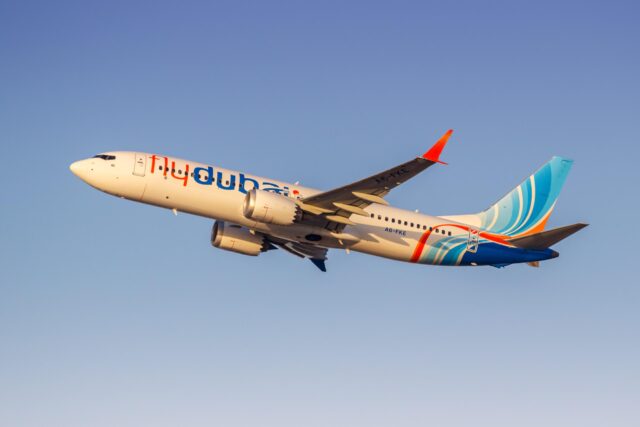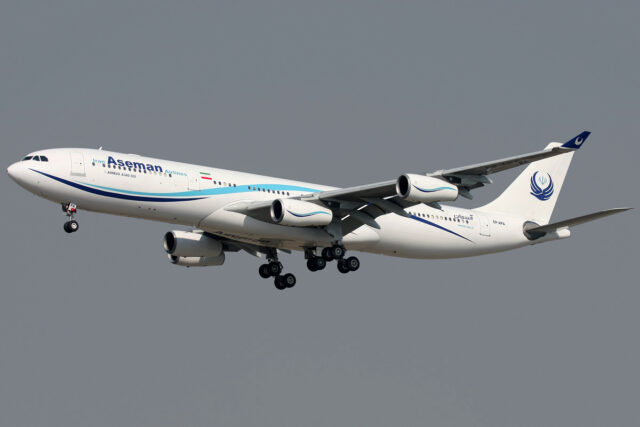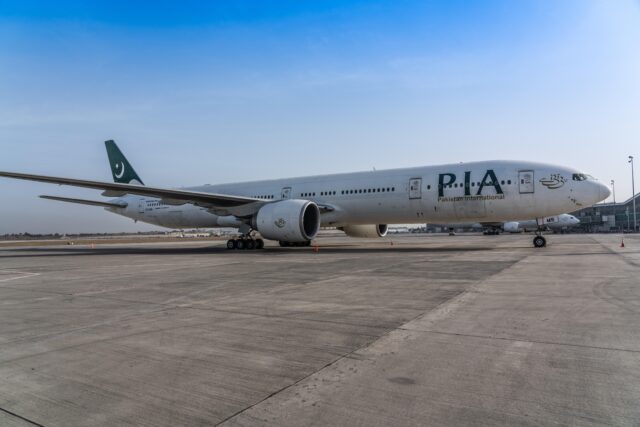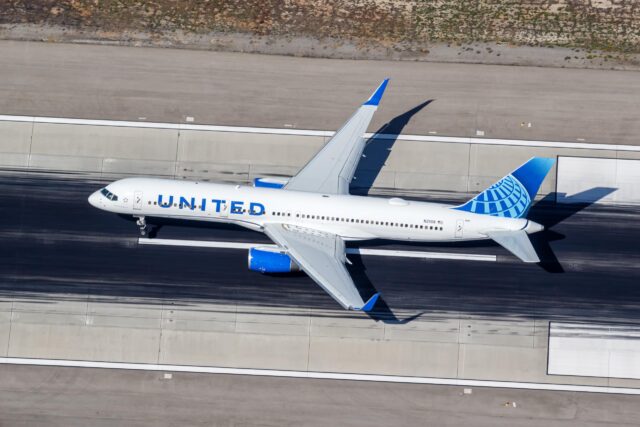UK grants first vertical launch licence, but rocket firm Skyrora still grounded by lack of launchpad

August 5, 2025

Finally breaking free from decades of reliance on foreign launch providers, the UK has handed its first vertical rocket launch licence to homegrown firm Skyrora.
The licence, issued by the Civil Aviation Authority (CAA), permits the Scottish rocket company to conduct up to 16 suborbital launches per year from the SaxaVord Spaceport in the Shetland Islands.
But despite the regulatory breakthrough, Skyrora’s launch won’t happen this year.
Skyrora has a licence in hand, but nowhere to launch
In a dramatic turn, Skyrora has revealed that there is no availability at SaxaVord’s launch pads in 2025, meaning that its fully licensed and flight-ready rocket cannot yet take off from the UK.
“Unfortunately, earlier in the year, Skyrora was told that there was no longer availability to launch from either of the pads at SaxaVord,” Alan Thompson, Head of Government Affairs at Skyrora, tells Aerospace Global News.
“Therefore, despite having a vehicle ready and a launch licence, it is unlikely that Skyrora will be able to complete its launch from the UK this year,” Thompson adds. “Skyrora is ready to complete a launch from the first available launch pad next year.”

The setback highlights persistent infrastructure limitations that continue to delay the UK’s transition from satellite manufacturer to launch nation. While SaxaVord became the UK’s first licensed vertical spaceport in December 2023, site modifications are still ongoing, with full launch readiness now expected in 2026.
Skyrora is the first British company approved to launch
The CAA licence allows Skyrora to launch its 11.65-metre Skylark L rocket, a single-stage, suborbital vehicle capable of reaching speeds four times the speed of sound and altitudes above 125 km (78 miles).
The rocket is designed to test key technologies, with around 70% of its systems feeding directly into the development of Skyrora XL, the company’s larger orbital rocket.
Volodymyr Levykin, the CEO of Skyrora, described the license as a “testament to the hard work and dedication” of the team. “It is essential that the UK has sovereign launch capabilities,” he said.
“Skyrora is proud to be leading efforts that enable launch activity from the UK, and we look forward to achieving a reliable commercial launch programme that benefits us all.”

While suborbital plans are delayed, Skyrora is steadily building toward orbital flight. The company said two of the three stages of its Skyrora XL rocket are now complete, with the final stage expected soon. Launch is planned for 2027.
“The manifest for Skyrora XL is filling up,” Thompson added, “with over half of the vehicle already booked with commercial payloads.”
If successful, Skyrora XL will be the first British rocket to place satellites in orbit from UK soil.
The UK space race: A slow start after early promise
The UK’s journey toward a sovereign launch industry has been long and often criticised. Despite passing the Space Industry Act in 2018, Britain struggled to develop domestic launch infrastructure.
The UK was once a space pioneer, famously launching the Black Arrow rocket from Australia in 1971. But now, for more than 50 years, it has depended on foreign rockets to carry British-built satellites into orbit.
This dependence has been flagged as a security risk, especially as geopolitical tensions rise and satellite technology becomes critical to defence and civilian infrastructure.
The failed 2023 Virgin Orbit launch from Cornwall and the company’s subsequent bankruptcy laid bare the fragility of relying on international partners.

Despite lacking sovereign launch capability, the UK has long been a leader in satellite design and manufacturing.
Companies such as Airbus UK, OneWeb, and Surrey Satellite Technology Ltd (SSTL) have positioned Britain at the forefront of the global small satellite market. But without domestic launch services, UK-built satellites have had to hitch rides on foreign rockets.
Despite being a leading global economy, the UK space sector remains modest relative to giants such as the US, Russia, and China. In 2021/22, the industry generated £18.9 billion ($25.12 billion) in income and employed approximately 52,000 people, growing steadily but still lacking a fully independent launch infrastructure.
The UK Space Agency is addressing this gap with substantial investments. In 2024/25, there is £581 million ($772 million) allocated to support innovation, new businesses, and regional development programmes.

The government sees launch capability as a crucial piece of the puzzle. Aviation & Space Minister Mike Kane welcomed Skyrora’s licence as a milestone.
“This is the kind of scientific innovation and exploration that will help the UK cement itself as a global player in the space race, boosting skills, jobs and growing our economy as we go,” he says.
Skyrora vertical launch license: A launchpad for change?
Despite the lack of facilities to actually conduct a launch, Skyrora’s vertical launch licence represents a turning point.
It affirms the UK’s intent to secure its place in the modern space economy and signals that the age of watching from the sidelines may finally be over.
With commercial payloads lining up, orbital hardware under construction, and a licensed rocket on standby, Britain’s space ambitions are no longer theoretical; they’re waiting for a launchpad.
















